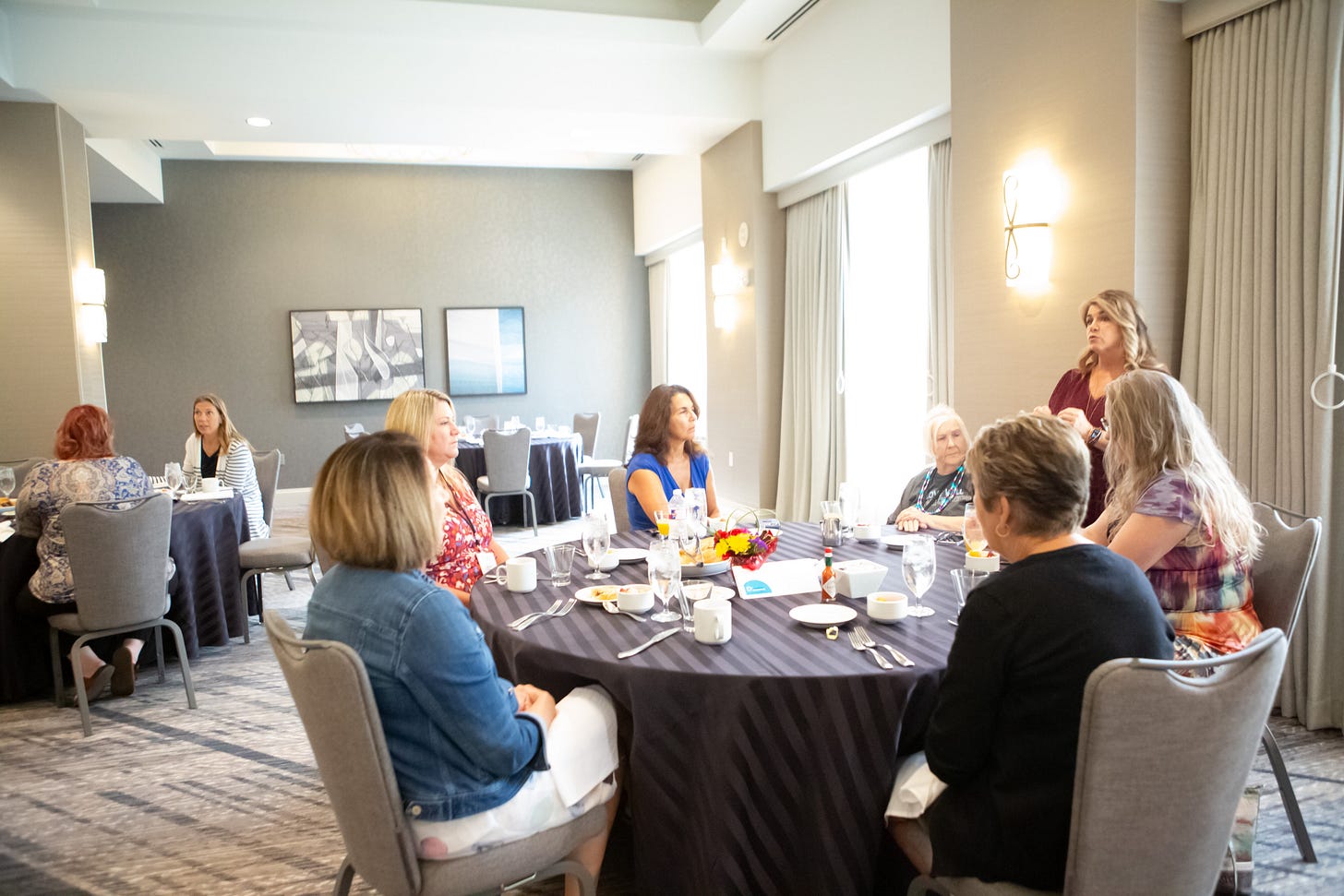It happened again in our widow support circle last week. Melissa shared her story with tears streaming down her face: "Our last conversation was an argument about the electric bill. After 32 years of loving each other, my final words to him were angry ones. I can't forgive myself for that."
Her pain reflects a psychological phenomenon many widows experience—what therapists call "The Last Meeting Theory." This concept explains how our final interaction with someone who has passed away can disproportionately color our memory of the entire relationship. Today, I want to explore this theory and offer some gentle guidance for those struggling with difficult final memories.
Understanding "The Last Meeting" Effect
The human mind gives special weight to endings. Think about how you remember movies, books, or vacations—the conclusion often defines your overall impression. When it comes to relationships, especially after loss, this effect becomes profoundly intensified.
This happens because:
Recency bias: Our brains naturally remember recent events more vividly than distant ones
Emotional intensity: Heightened emotions during final interactions (or the shock of sudden loss) burn these memories deeper into our consciousness
Unresolved narratives: When death interrupts our story together, we fixate on that final chapter, searching for meaning or closure
Regret activation: Final interactions become magnets for our "if only" thoughts
For widows, this psychological tendency can become particularly painful. Whether your last meeting was tender and meaningful or ordinary and unremarkable—or even difficult and unresolved—it can take on enormous significance in your grief journey.
When the Last Meeting Was Difficult and or Painful
In our MWC support groups, we hear many variations of Melissa's story. The husband who died after an argument. The wife who passed away while her spouse was on a business trip. The partner who died suddenly with important words left unsaid.
If you're carrying the weight of a difficult final interaction, please know:
One moment doesn't define decades: A single interaction—even an important one—cannot erase years of love, connection and shared experiences
Your loved one knew you: They understood the fullness of your relationship beyond that single moment
Conflict is part of love: Disagreements and imperfect moments are woven into even the healthiest relationships
Betty, a widow of three years, shared her journey: "I obsessed over our last conversation for months. He asked me to bring him water, and I said I was too tired. Those were our last words. Eventually, I realized he wouldn't want me to punish myself forever over something so human. We had 40 years of showing up for each other. That's what matters."
When the Last Meeting Was Ordinary
Some widows experience a different challenge—their final interaction was utterly ordinary. No meaningful goodbyes, no profound exchanges, just the everyday rhythm of shared life suddenly stopped.
Teresa described this experience: "He kissed me goodbye and said he'd pick up milk on the way home from work. That was it. Sometimes I feel cheated out of a proper goodbye."
If this resonates with you:
Find the beauty in ordinariness: A routine goodbye can reflect the comfortable security of your relationship
Look for the hidden meaning: Often those ordinary moments were filled with unspoken trust and assumptions of continued connection
Create your own closure: It's never too late to say what you wish you had said
When the Last Meeting Was Beautiful
Even meaningful final interactions can bring their own challenges. Some widows describe feeling pressure to perfectly preserve these precious memories, fearing they'll lose this sacred connection if details fade with time.
Janie shared: "My wife was lucid the day before she died. We said everything we needed to say. It was beautiful, but now I'm terrified of forgetting her exact words or the way she looked at me."
If you're protecting a treasured final memory:
Document what matters: Write down what you remember now
Release the pressure of perfect recall: The essence of the connection matters more than verbatim details
Share the story: Telling others helps crystallize and honor the memory
Reframing "The Last Meeting"
Keep reading with a 7-day free trial
Subscribe to Widow Life® to keep reading this post and get 7 days of free access to the full post archives.





